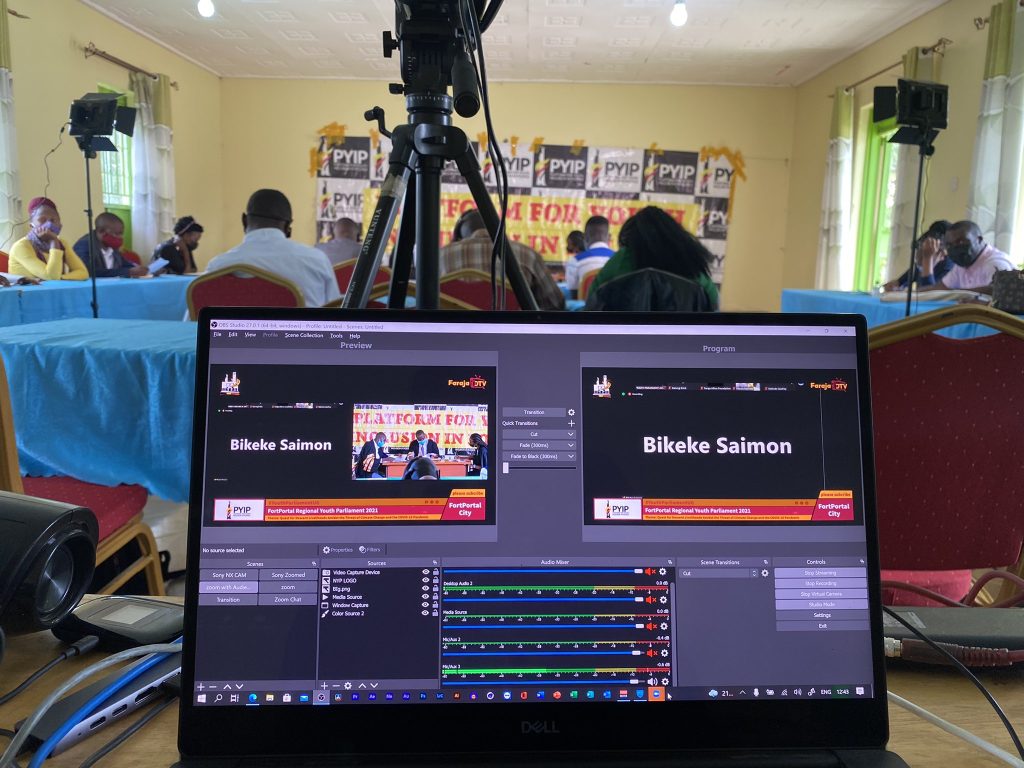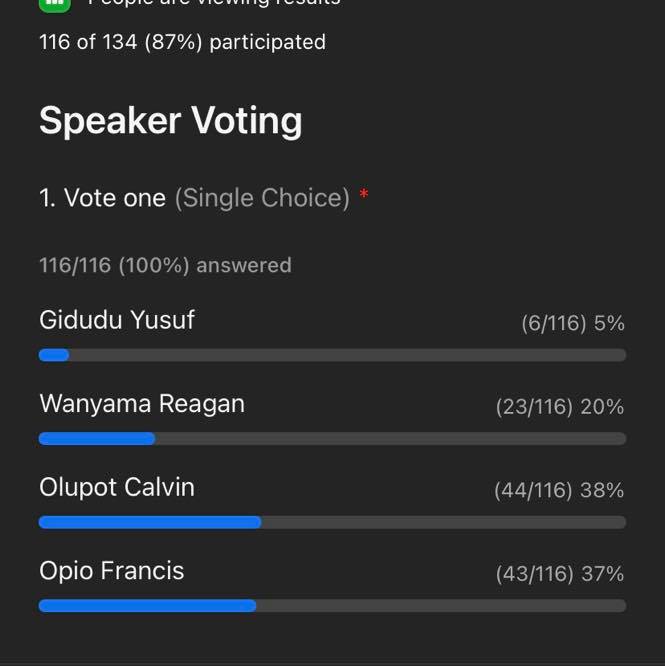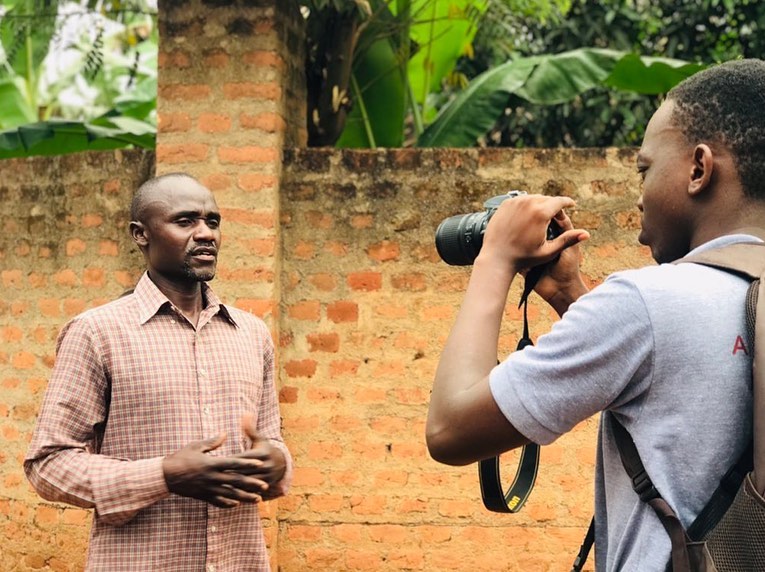





Project overall goal
To create awareness about the election processes through digitalisation
Target groups
1000 votes
Location
Online
Date of Implementation
January 2021-February 2021
Project description
Digital citizenship has been defined as “the ability to participate in society online”, including an understanding of digital citizens as people who “use technology frequently, for political information to fulfil their civic duty, and who use technology at work for economic gain.”
Social media campaigns digitally Only a functioning democracy can address its citizen’s needs, meet their demands and fulfil their aspirations. FAF Missions to enhance our engagement with partner countries, including supporting their efforts to achieve their international human rights obligations.
FAF emphasizes the quality or character of online participation, including safe and responsible behaviour online comprising the concepts of responsibility, rights, safety, and security”. Digital citizenship may be considered a combination of digital civic engagement and respectful digital deliberative practices. Electoral observation is not just one day’s task; the quality of the electoral process has to be continuously reassessed and improved. A democratic election is incomplete without a level playing field, fair competition between candidates, freedom of expression, assembly and association, respect for human rights and a neutral and independent election management body. A vibrant civil society and diverse media landscape are also essential prerequisites.
Partners
Faraja Digital








